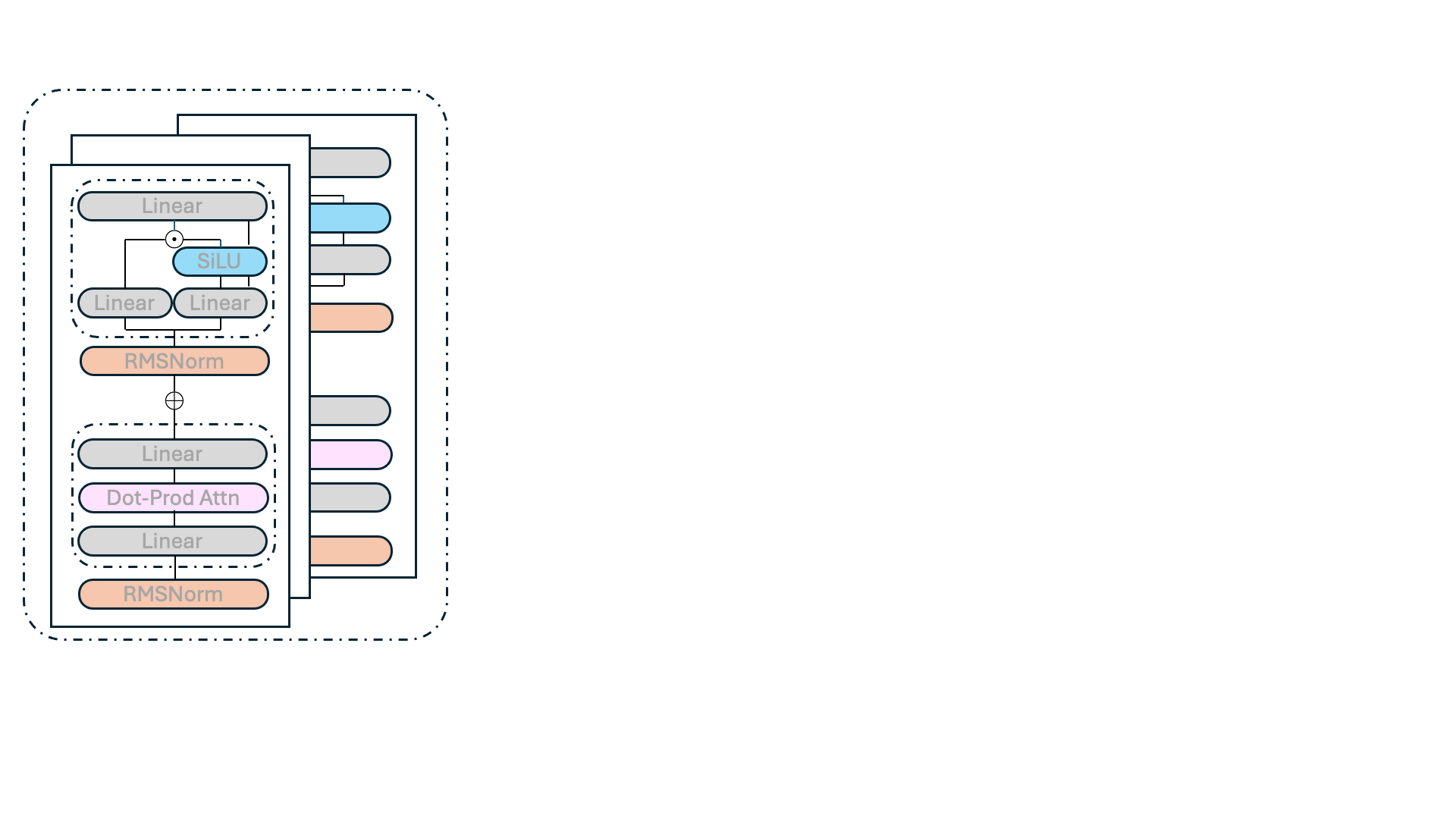Customer-obsessed science


Research areas
-
August 8, 2025A new philosophy for developing LLM architectures reduces energy requirements, speeds up runtime, and preserves pretrained-model performance.
Featured news
-
There has been remarkable progress in the development of Deep Learning Weather Prediction (DLWP) models, so much so that they are poised to become competitive with traditional numerical weather prediction (NWP) models. Indeed, a wide number of DLWP architectures—based on various backbones, including U-Net, Transformer, Graph Neural Network (GNN), or Fourier Neural Operator (FNO)—have demonstrated their
-
*SEM 20242024The majority of Neural Semantic Parsing (NSP) models are developed with the assump-tion that there are no concepts outside the ones such models can represent with their target symbols (closed-world assumption). This assumption leads to generate hallucinated outputs rather than admitting their lack of knowledge. Hallucinations can lead to wrong or potentially offensive responses to users. Hence, a mechanism
-
Training large foundation models using self-supervised objectives on unlabeled data, followed by fine-tuning on downstream tasks, has emerged as a standard procedure. Unfortunately, the efficacy of this approach is often constrained by both limited fine-tuning compute and scarcity in labeled downstream data. We introduce Multimodal Attention Merging (MAM), an attempt that facilitates direct knowledge transfer
-
2024Conventional Time Series Classification (TSC) methods are often black boxes that obscure inherent interpretation of their decision-making processes. In this work, we leverage Multiple Instance Learning (MIL) to overcome this issue, and pro-pose a new framework called MILLET: Multiple Instance Learning for Locally Explainable Time series classification. We apply MILLET to existing deep learn-ing TSC models
-
2024Cloud data warehouses are today’s standard for analytical query processing. Multiple cloud vendors offer state-of-the-art systems, such as Amazon Redshift. We have observed that customer work-loads experience highly repetitive query patterns, i.e., users and systems frequently send the same queries. In order to improve query performance on these queries, most systems rely on techniques like result caches
Academia
View allWhether you're a faculty member or student, there are number of ways you can engage with Amazon.
View all






























